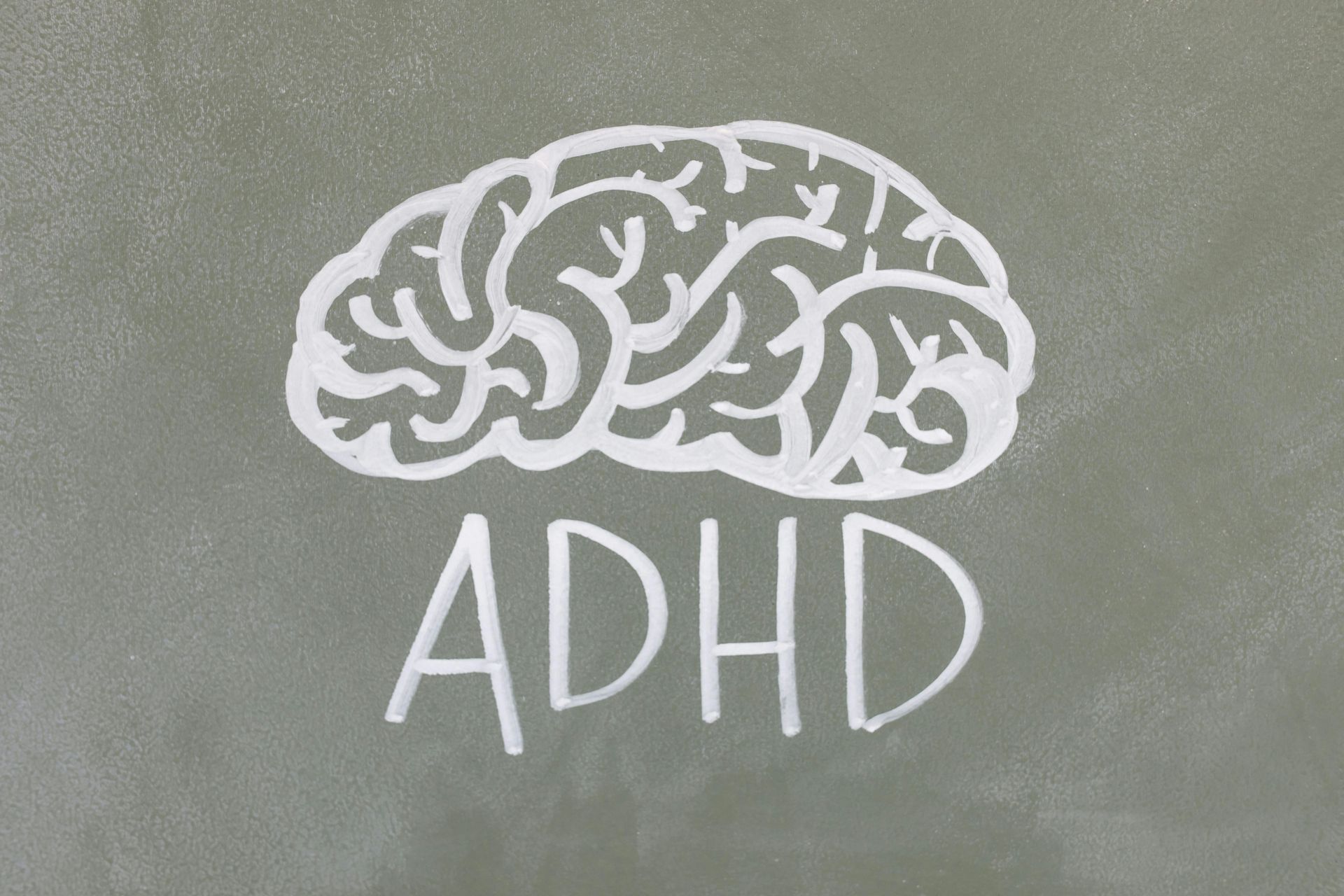LIFE: How can I remember to take the pill?
Taking the pill consistently is crucial for its effectiveness. Here are some strategies to help you remember, incorporating both practical reminders and behavioural psychology techniques like habit formation and behavioural activation.
1. Link It to an Existing Habit (Habit Stacking)
- Take your pill at the same time as another automatic habit, such as:
- Brushing your teeth
- Drinking your morning coffee/tea
- Washing your face
- Putting on your pajamas
- This works because your brain already has a routine in place, and adding a small task (taking the pill) makes it easier to remember.
2. Use Alarms & Digital Reminders
- Set a daily phone alarm at the time you need to take your pill.
- Use a medication reminder app
- If you have a smartwatch, set a vibrating alarm to prompt you discreetly.
3. Keep Your Pills Visible
- Store your pill pack somewhere you see it daily, like:
- Next to your toothbrush
- On your bedside table
- Near your coffee machine or breakfast items
- Visibility triggers memory! If the pill is out of sight, it’s easier to forget.
4. Use a Physical Cue (Behavioural Activation)
- If you struggle with motivation, pairing pill-taking with a reward can help:
- Take your pill before checking social media in the morning.
- Treat yourself to a favourite tea or chocolate after taking it.
- This reinforces the behaviour by linking it to something enjoyable.
5. Carry a Backup Pack
- Keep a spare pill pack in your bag, car, or office drawer in case you forget at home.
- If you travel frequently, have an extra pack in your travel bag.
6. Involve Others
- Ask a friend, partner, or family member to remind you.
- If you live with someone, they can help cue you when they notice you doing a linked habit.
7. Use a Pillbox or Calendar System
- If you take multiple medications, a weekly pillbox can keep things organized.
- Physically cross off each day on a paper calendar or use a habit-tracking app.
8. Plan for Missed Pills
- Keep your pill instructions handy (e.g., what to do if you forget a dose).
- Have emergency contraception available if you miss pills and need backup.
It is not just about contraception
You have a choice—it’s not just about contraception. The pill can also help with symptoms like mood swings, painful periods, acne, or even the impact of hormonal fluctuations on ADHD and other conditions. It’s about finding what works best for you, whether that’s for pregnancy prevention, symptom management, or both. If it makes you feel better, that’s just as valid a reason to take it as any other.
"I still can't remember to take the pill"
If you keep forgetting to take your pill, it might be time to ask yourself why. Do you actually want to be on it, or is it just something you've always done? If you're experiencing side effects like mood swings, headaches, or low libido, it might not be the right pill for you—options like Zoely or Slinda, which only have four sugar pills, can offer better cycle control, while Cerazette (now funded) gives you a 12-hour window to take it, making it more forgiving than the traditional mini pill. But if remembering a daily pill just isn't working, it might be worth considering longer-acting contraception like the injection (every three months), an IUD (lasting 5–10 years), or the implant (three years). And if you’re still struggling to stay consistent, ask yourself—do you actually want to be on contraception right now? Would pregnancy be okay? If you’re unsure, or if this method just doesn’t suit you, it’s worth talking to your doctor about alternatives that fit your life better. Contraception should work for you, not the other way around!
Do I need to take the sugar pills?
No—you don’t actually need to take the sugar pills! In fact, the pill is more reliable if you skip them and go straight into the next pack. Medically, there’s no need for a withdrawal bleed because it’s not a true period—it was originally designed to mimic a cycle, but it serves no health purpose. If you’re happy having a break, that’s fine, but if you’d rather avoid bleeding and reduce the chance of forgetting a pill, skipping the sugar pills is a great option.
Can ADHD and the pill go together?
If you have ADHD, the pill just may not be the best option for you—remembering to take it daily can be a real challenge. But on the flip side, if you experience hormone-related symptoms or notice changes in how well your stimulant medication works at different points in your cycle, the pill could actually help regulate things. Focusing on the benefits it brings—whether that’s mood stability, fewer PMS symptoms, or better medication consistency—can reinforce why it’s worth taking and help you stay on track.
Irregular spotting when taking the pill back to back
If you're experiencing irregular bleeding on the pill, taking packs back-to-back might not be the best option for you. However, you may still be able to extend the time between bleeds by having a break every couple of months instead of every month. This can help reduce spotting while still offering the benefits of fewer periods overall. It’s about finding the right balance for your body—trial and adjustment may be needed to see what works best for you.






